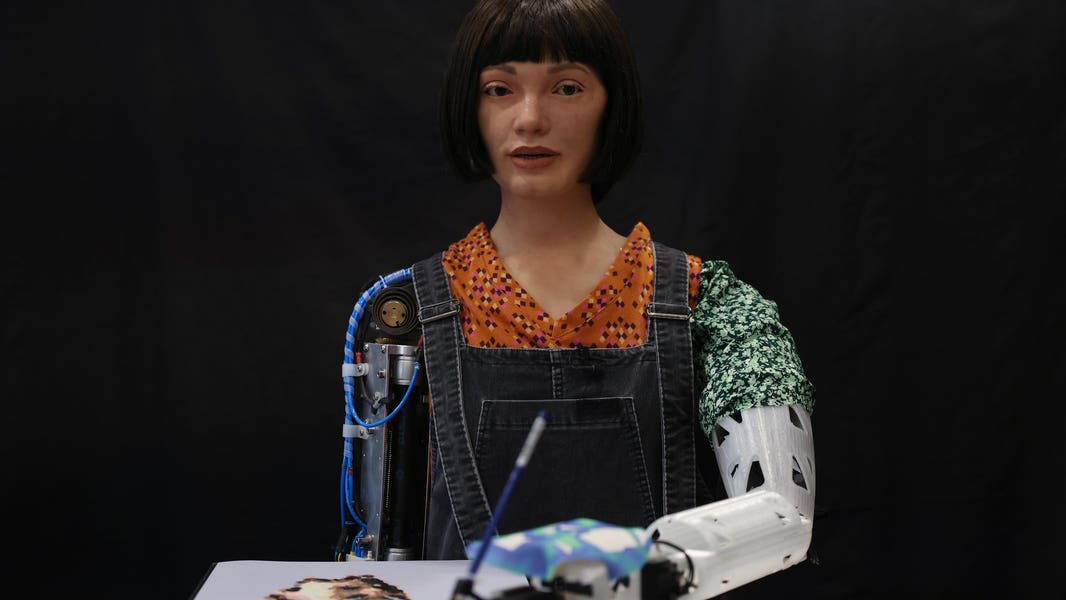Artificial intelligence (AI) advancements are progressing rapidly, impacting various industries, including Hollywood. This article offers insights into key developments in the realm of AI that are influencing the entertainment sector.
AI in Video Production
AI capabilities extend to generating screenplays, composing music, and visualizing images based on textual inputs. The latest breakthrough allows users to craft lifelike video content by describing their vision in writing. Platforms offering this functionality can be easily located by searching for “text to video” services. It is foreseeable that these platforms will soon translate entire scripts into full-length movies, complete with music, characters, and dialogue. This innovation is poised to significantly alter the employment landscape in Hollywood. Tyler Perry succinctly captured the impact by stating, “Jobs are going to be lost,” as evidenced by his decision to halt an $800 million studio expansion in Atlanta. Industry experts predict a drastic reduction in film production costs to a mere 10% of current expenses within the next five years, leading to job transitions and vacant studio spaces.
Copyright Challenges
The surge in legal disputes involving AI companies revolves around claims of copyright infringement related to input (material provided for AI processing) and output (results generated by AI). While cases based on output typically require substantial resemblance to the original work, input-related lawsuits hinge on the ownership of registered copyrighted content uploaded to AI. The resolution of such disputes may hinge on the fair use doctrine, potentially necessitating intervention from the Supreme Court. To preempt litigation, some AI firms opt to secure licenses for content libraries in advance. Suggestions have been made to amend the Copyright Act to enforce compulsory licenses with prescribed payments, akin to the music industry’s practices.
Defamation Concerns
AI’s proclivity for generating erroneous information has led to instances of defamation claims against AI entities. Courts have grappled with holding AI accountable for disseminating false information, with some cases progressing to trial stages. The applicability of Section 230 of the Communications Decency Act as a defense against defamation allegations arising from AI-generated content remains uncertain.
Right of Publicity Issues
The absence of cohesive legislation governing right of publicity in AI-generated content has posed challenges. Recent controversial applications, such as fabricated phone calls from public figures and manipulated videos of celebrities, have spurred calls for federal regulations to safeguard individuals’ rights.
Celebrity Engagement with AI
Numerous celebrities have opted to leverage AI by licensing their likeness, voice, or image for AI applications. Platforms like Meta (formerly Facebook) have secured permissions from celebrities to enable fans to manipulate their digital personas, allowing for creative interactions and potentially controversial scenarios.
Guild Agreements Overview
- Directors Guild of America (DGA): Prohibits studios from substituting DGA members with AI throughout the agreement period.
- Writers Guild of America (WGA): AI-generated content does not qualify as “literary material” for credit or compensation under the WGA Basic Agreement.
- Screen Actors Guild (SAG): Studios must obtain explicit consent from SAG members before replicating their likeness using AI. Negotiations with SAG are required for fair compensation when creating new digital likenesses.
Entertaining Anecdote
In a lighthearted twist, several law firms have faced sanctions for submitting legal briefs prepared by AI, complete with fictitious case references due to AI errors. This amusing incident underscores the limitations of AI technology in certain contexts.










